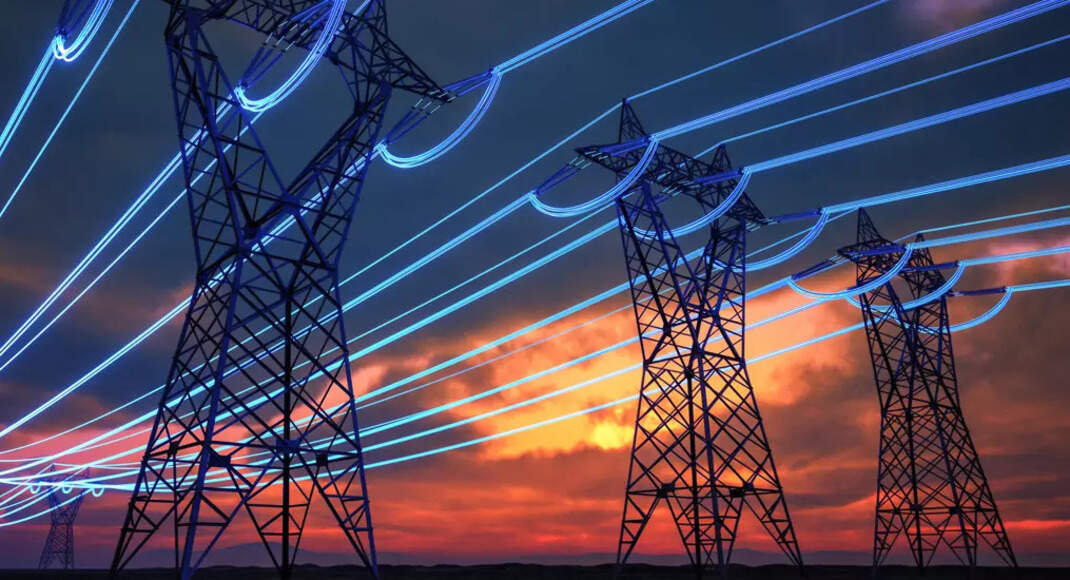Home / Business and Economy / Electricity Bill 2025 Promises Reform, but Consumers May Pay More
Electricity Bill 2025 Promises Reform, but Consumers May Pay More
14 Nov
Summary
- Electricity sector plagued by debt, inefficiency, and political interference
- Proposed bill aims to improve efficiency and competition
- Concerns that reforms could force consumers to pay higher electricity prices

As of November 14, 2025, the Indian government has introduced the Draft Electricity (Amendment) Bill, 2025, which promises to reform the country's power sector. However, beneath the buzzwords of efficiency and competition lies a reality that could force consumers to pay more for their electricity.
India's power sector has long been dimmed by debt, inefficiency, and political interference. For decades, state-owned power distributors have struggled to keep the lights on, with the machinery that powers the nation sputtering and running out of both power and patience. The complex web of wires, poles, and substations that delivers electricity to 1.5 billion people is in desperate need of an overhaul.
The proposed bill aims to address these issues, but experts warn that the reforms could come at a cost to the consumer. While the government's efforts to improve efficiency and foster competition are laudable, the reality is that these changes may ultimately lead to higher electricity prices for the public.


